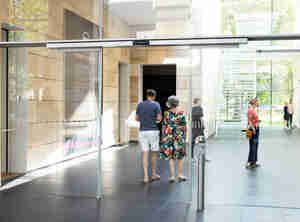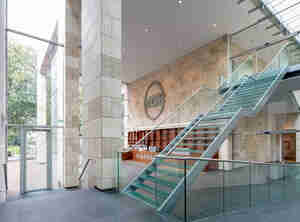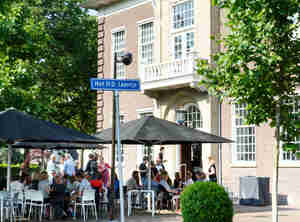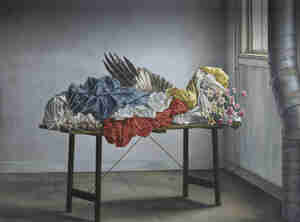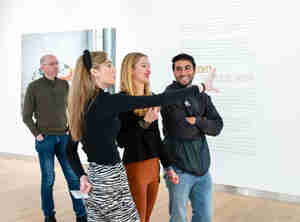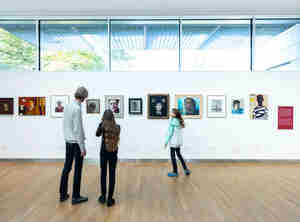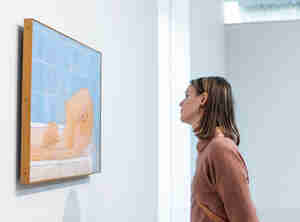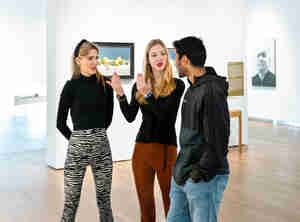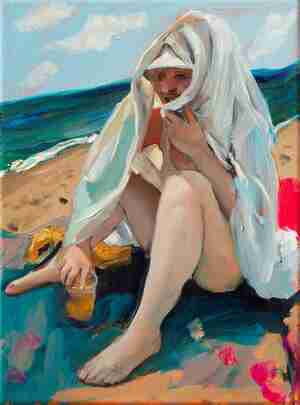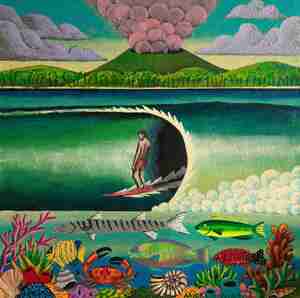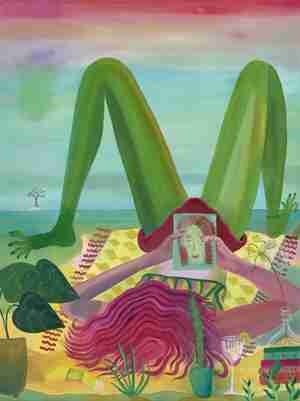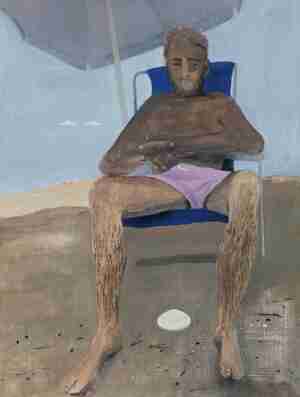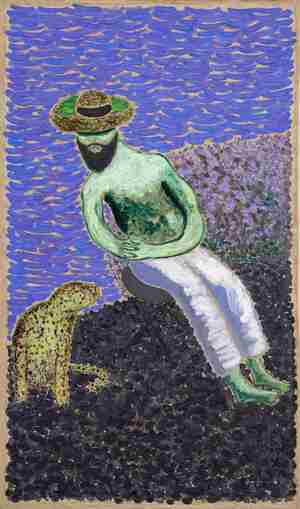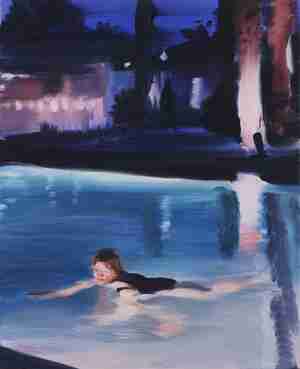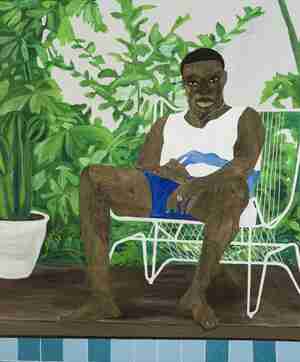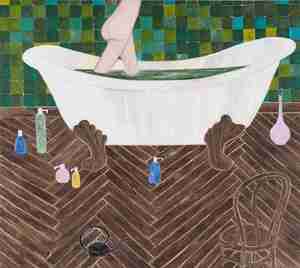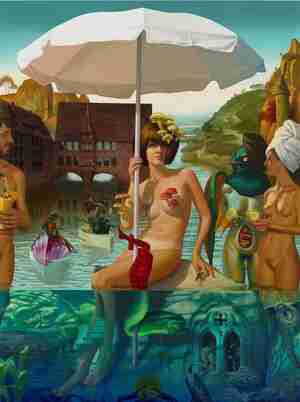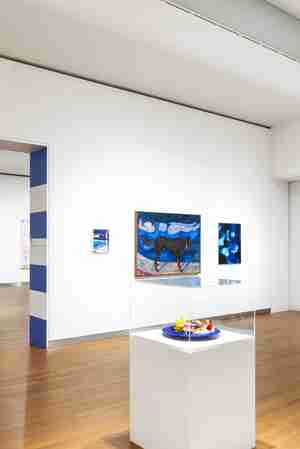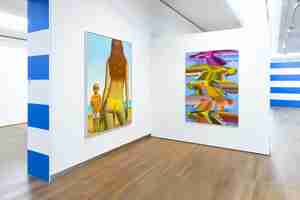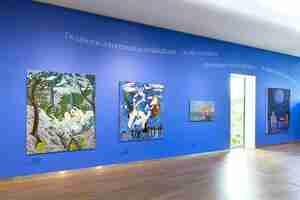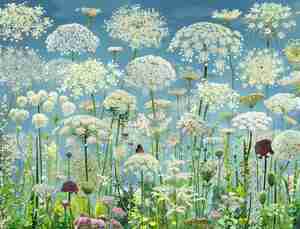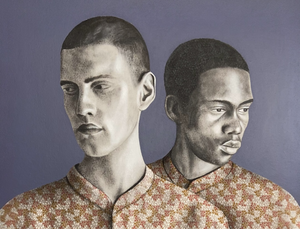Discover how modern and contemporary artists take a pioneering approach to depicting bathers. The international exhibition Licked by the Waves | New Bathers in Art reveals the enduring fascination for this classical theme. Dozens of works by 70 artists offer a diverse spectrum of unexpected perspectives on people as they bathe. From beautifully intimate to ironic, and from small and fragile to spectacular.
On display at Museum MORE from 6 July to 6 October 2024.
Venus and Eve
The subject of bathers has a rich art historical history, which is still very much alive. In the 19th century, the classical pretences for painting bathers gradually disappeared. The Three Graces, Venus and Diana from Greek and Roman mythology moved to the background, together with the Biblical Eve and Susanna. For years, they were the most significant nude bathing women in painting. But these classical bathers now made way for the new bather, an independent phenomenon that began to appear in alternative, modern forms. Artists started experimenting. Semi or completely nude women – and sometimes men – were painted in and around the water, en plein air. While the subject is often outside, surrounded by nature, it is anything but natural. Bathers are artificial creations that raise questions about the depiction and representation of the body, about beauty, sexuality, appropriation and the male – or indeed, female – perspective.
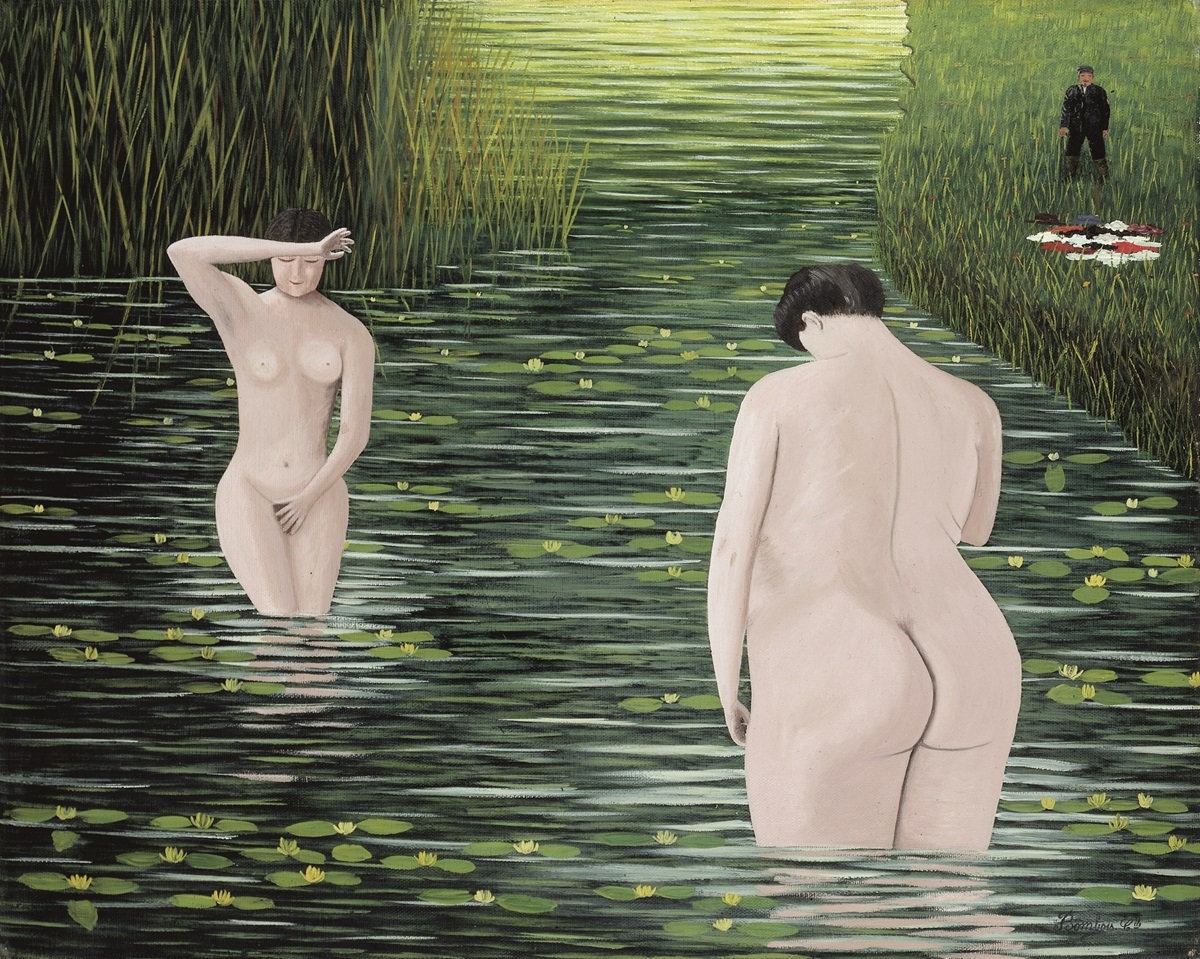
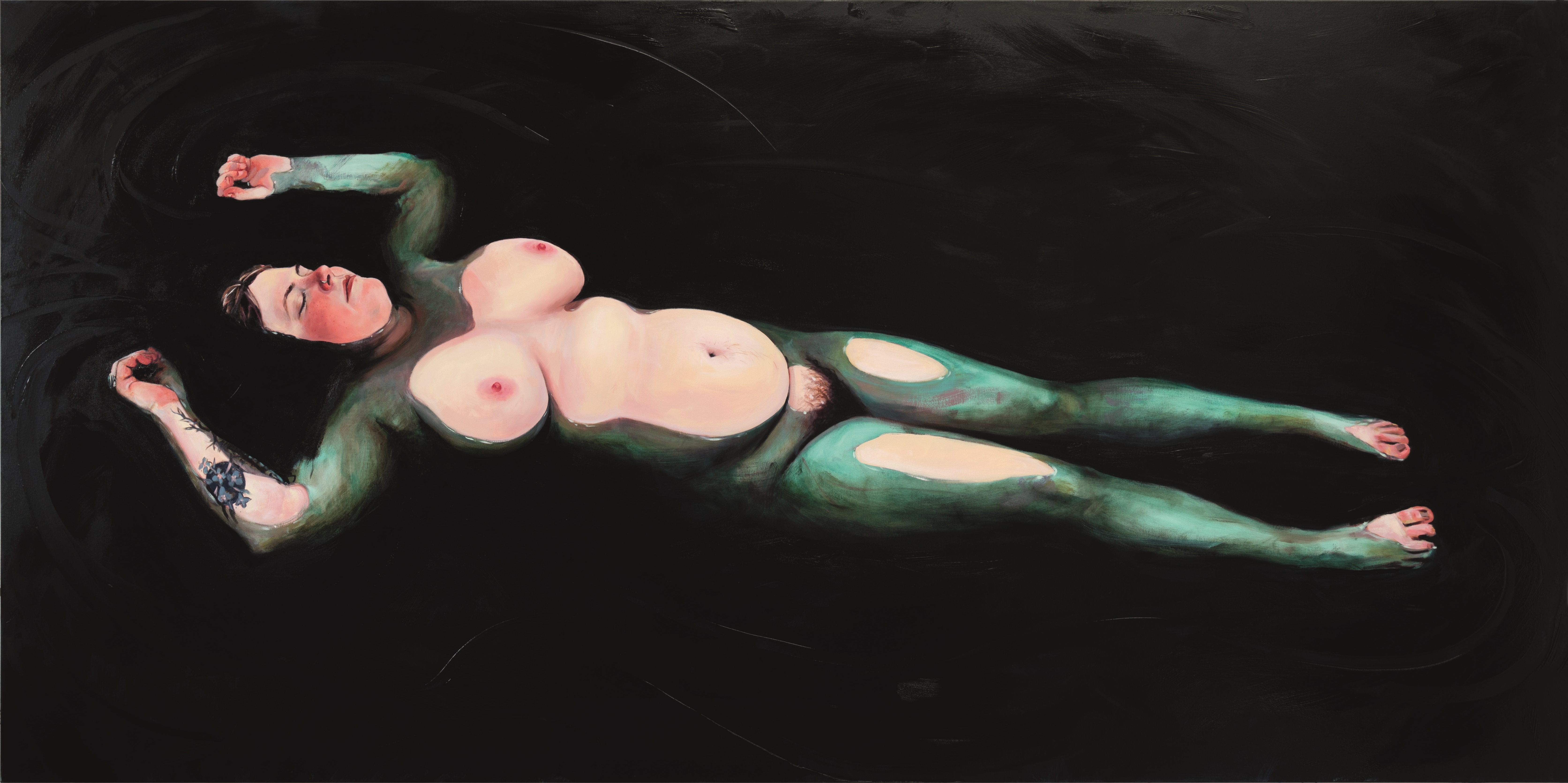
Vulnerability
The female nude is traditionally shrouded in a veil of vulnerability and shame. The relationship between viewer and bather, between artist and muse can – even today – give rise to an uneasy feeling of voyeurism. What lies behind our gaze? Do we see a paradise abound with innocence, or do we see eroticism and lust? When we see the human figure, naked and unprotected, are we touched, or do we feel coolly distanced?
Aquatic theater
Licked by the Waves (after a poem by Walt Whitman) shows how modern-day artists allow people to play in the surf, to calmly float or to laze at the edge of a swimming pool. Under a blazing sun or in the dark, at night. The pleasure of a sensory experience can leap from the canvas. A surrender to water can be depicted serenely. A bather can almost even become one with the fluid elements. Bathers in the visual arts are not solely (nude) figures, with legs and buttocks, in the water. The surroundings, nature and the water landscape all play at least an equally important role. An Arcadian world in clear blue and green can surround the bather, but beach, sea and the horizon can also envelop the figure in a sultry, orange-red aquatic theatre. Immersion can cleanse and liberate, but also threaten.
New bathers in the visual arts can be ambiguous. An Ophelia-like figure in deep, dark water seeks to escape a trauma. A person in a bathroom views their own fragmented body. We see humour, but also confrontation. A beachgoing child stares wide-eyed at an improbably beautiful woman. She looks like she belongs in a commercial. Irony, parody and fascinating, idiosyncratic references to art, advertising and visual culture go hand in hand. In modern and contemporary art, a plunge in a sea, river or pool is an exploration of a different visual language, allows for new perspectives, and is also a response to age-old stereotypes.
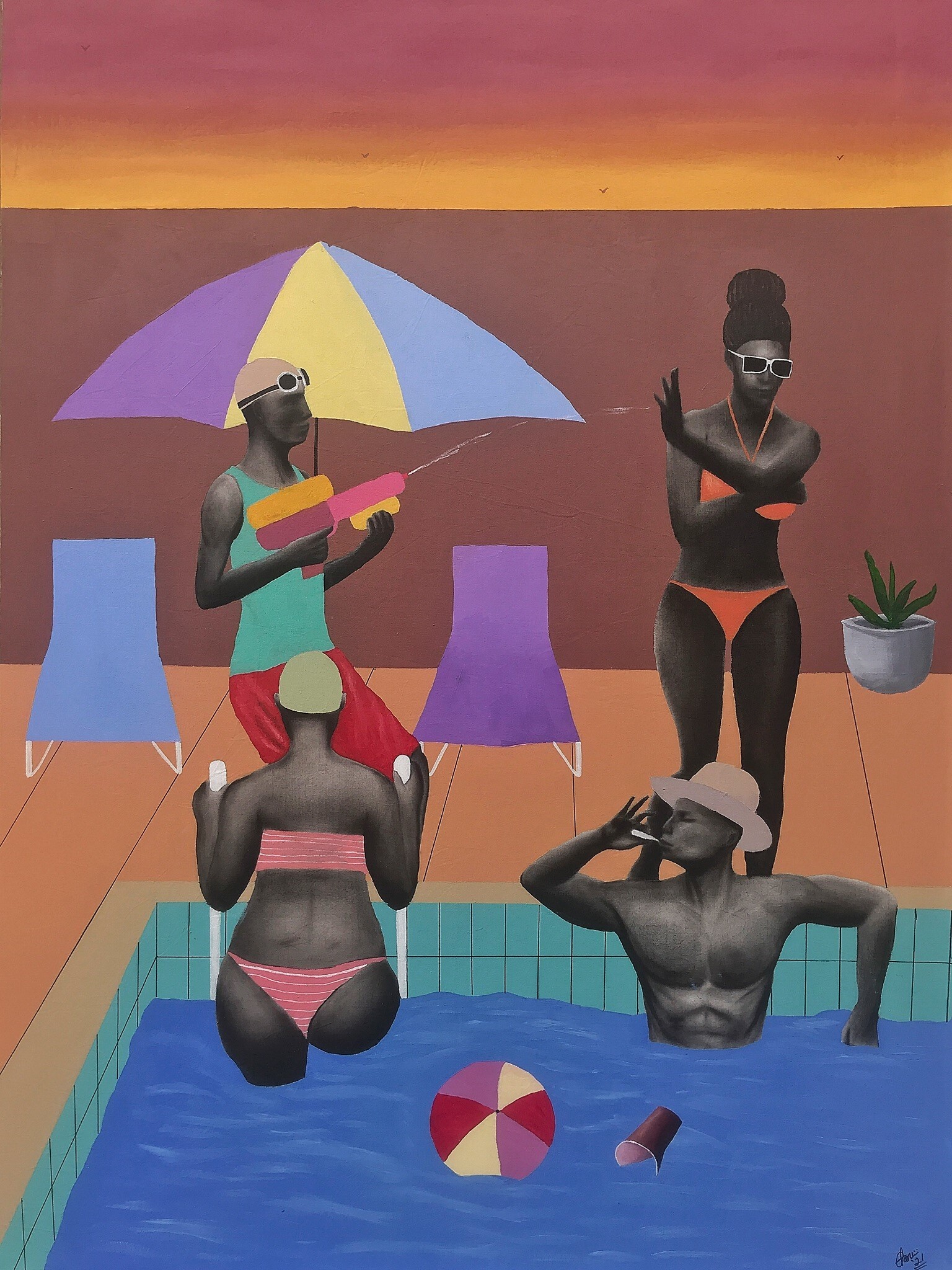
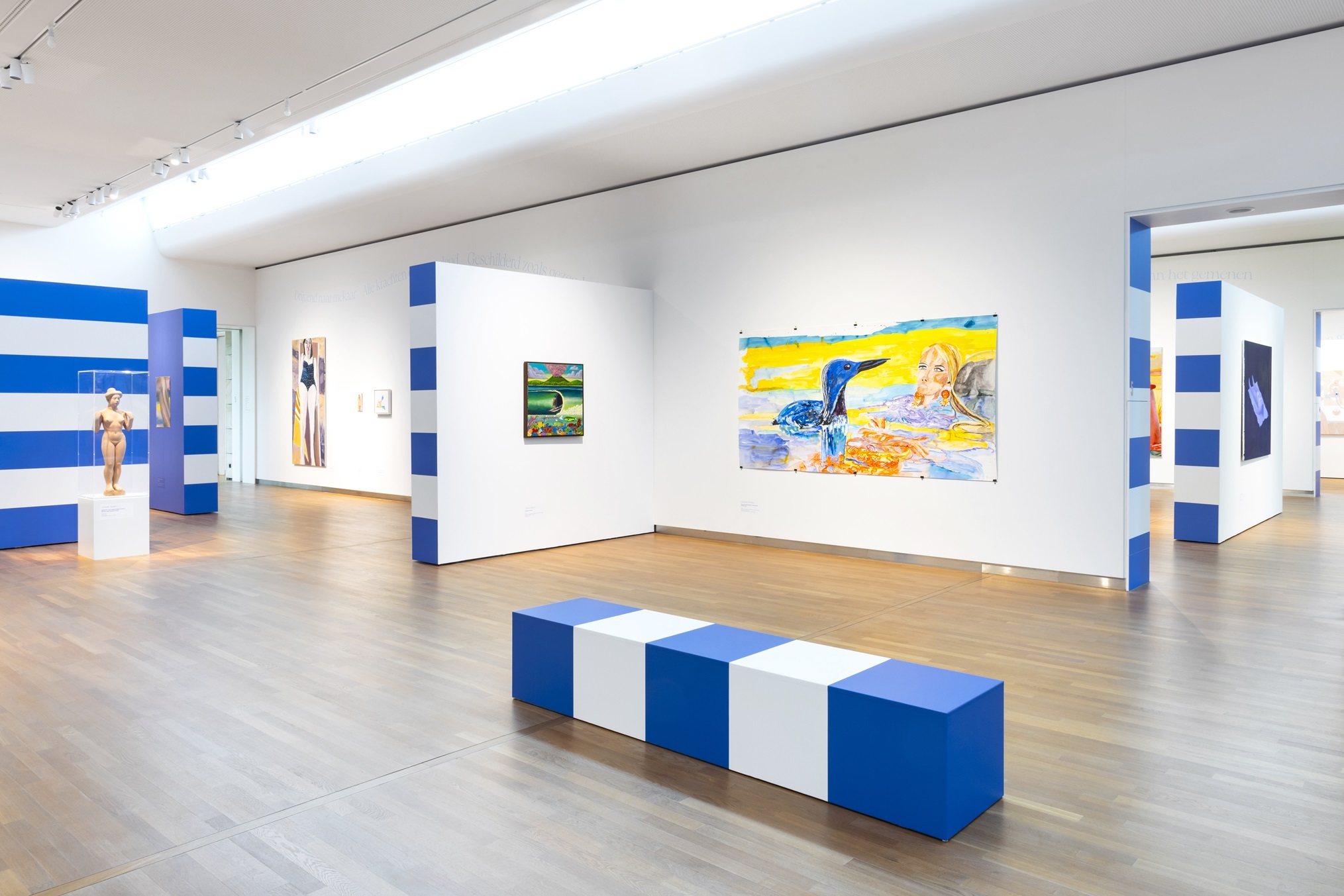
70 artists
This international exhibition, curated by Maite van Dijk (Artistic Director, Museum MORE) and Tanja Ritterbex (artist and guest curator), introduces a wide range of modern and contemporary artists who have often explored the theme of bathers in their work. A number of new artworks, made especially for the exhibition, will also be on display. A selection of 70 featured artists: Marlene Dumas, Claire Tabouret, Simone Kennedy Doig, Carel Willink, Amoako Boafo, Lydia Pettit, Jenna Gribbon, Neo Matloga, Katherine Bradford, Danny Fox, Jean Jullien, Vivian Greven, Niki de Saint Phalle and Aristide Maillol.
exhibition book
The exhibition is accompanied by a lavishly illustrated catalogue in English/Dutch with contributions from Dr Simon Kelly (Head of Modern Art at the Saint Louis Art Museum), Prof. Maaike Meijer (Professor of Gender Studies), Prof. Rosemarie Buikema (Professor of Art, Culture and Diversity) and Tanja Ritterbex (artist and guest curator of the exhibition). Publisher is WBooks.
watermusic
Want to get in the mood? Then listen to our special playlist on Spotify here. Featuring music from Handel's Water Music to The Beach Boys, among others. And from Otis Redding to Coldplay.
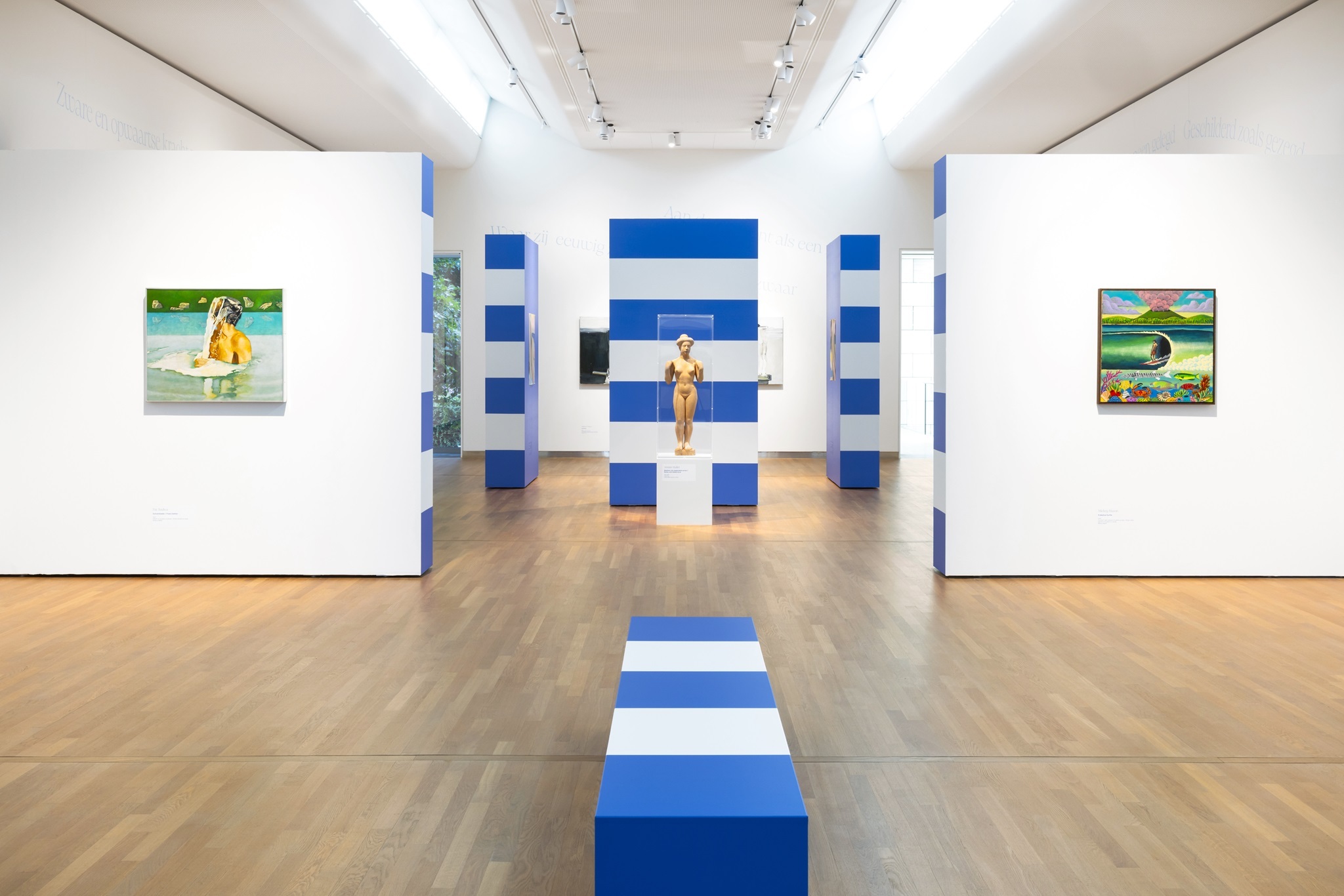
Featuring artists
Grgur Akrap, Marie Aly, Pat Andrea, Patrick Angus, Sara Anstis, Farah Atassi, David Azegbe-otaru, Polina Barskaya, Alexander Basil, Tilo Baumgärtel, Eva Beresin, Pim Blokker, Amoako Boafo, Camille Bombois, Aplerh-Doku Borlabi, Katherine Bradford, Christian Brandl, Marlene Dumas, Hadassah Emmerich, Ferdinand Erfmann, Bobbi Essers, Tom Fabritius, Rainer Fetting, Danny Fox, Marliz Frencken, Falk Gernegross, Evgen Čopi Gorišek, Kate Gottgens, Vivian Greven, Jenna Gribbon, Janes Haid-Schmallenberg, Duncan Hannah, Matthew Hansel, Erich Heckel, Isabelle Heske, Abul Hisham, Chantal Joffe, Jean Jullien, Simone Kennedy Doig, Pierre Knop, Ralf Kokke, Friedrich Kunath, Aubrey Levinthal, Brandon Lipchik, Jacques Lipchitz, Janis Löhrer, Aristide Maillol, Keetje Mans, Mickey Mason, Neo Matloga, Daniel Correa Mejía, Ciarán Murphy, Danielle Orchard, Kottie Paloma, Leo Park, Lydia Pettit, Laurent Proux, Eva Räder, Tanja Ritterbex, Niki de Saint Phalle, Charlotte Schleiffert, Claire Tabouret, Norbert Tadeusz, Guim Tió, Jan De Vliegher, Caroline Walker, Matthias Weischer, Tom Wesselmann, Co Westerik, Carel Willink, Guy Yanai.
